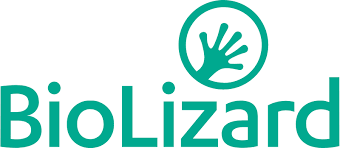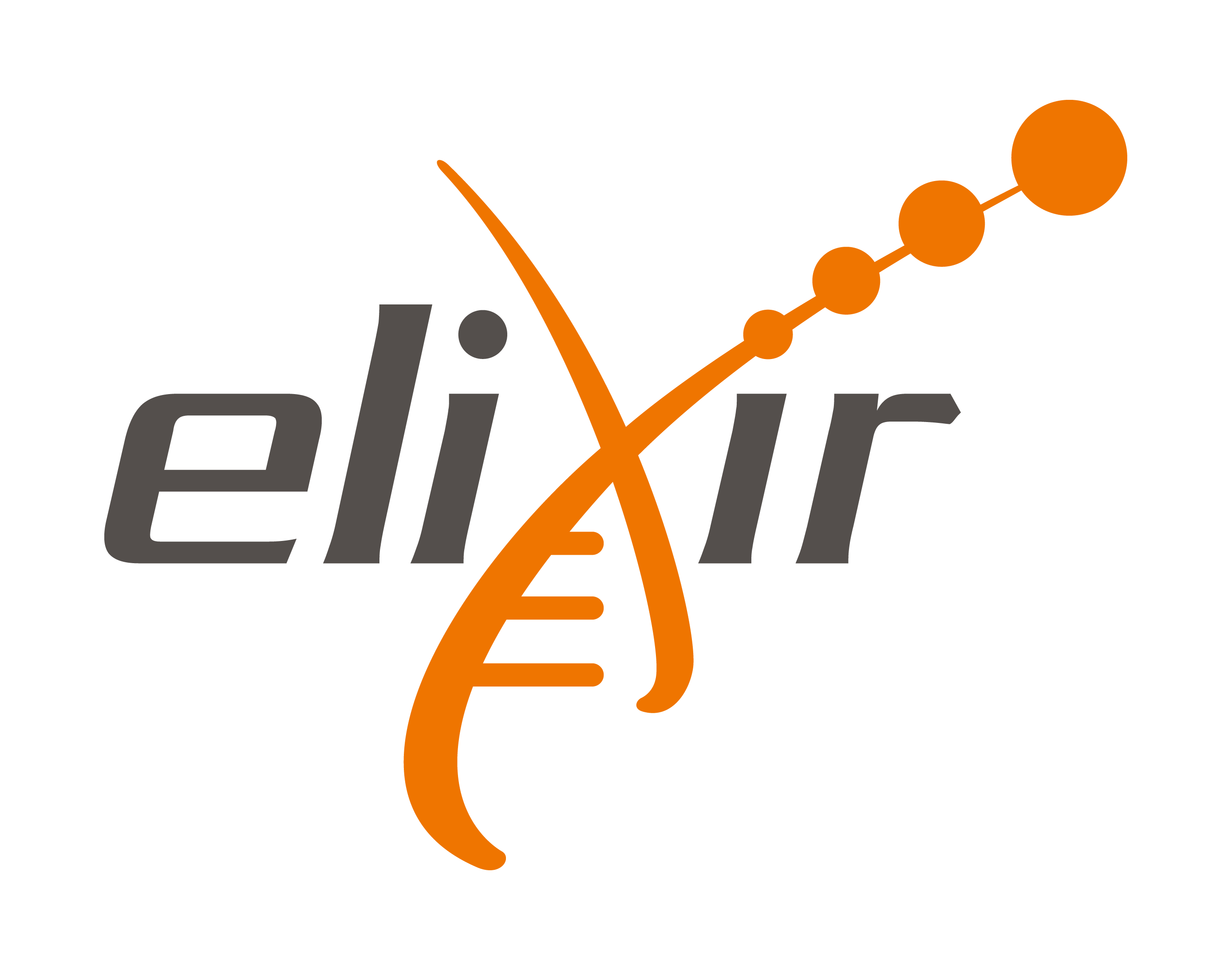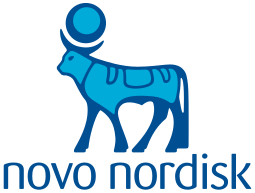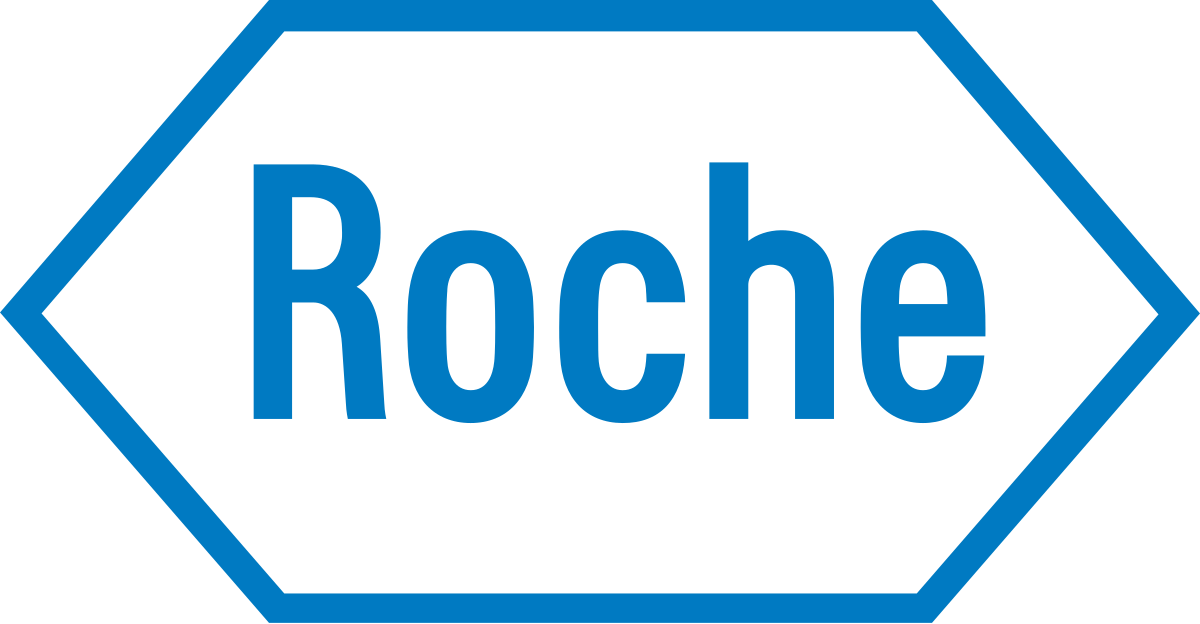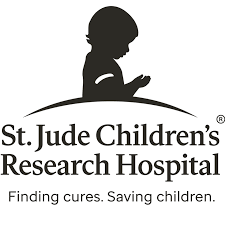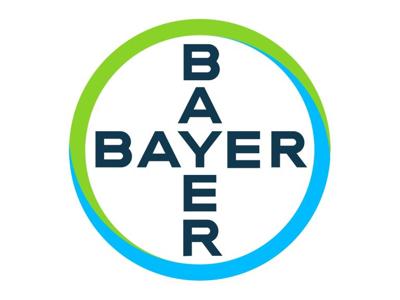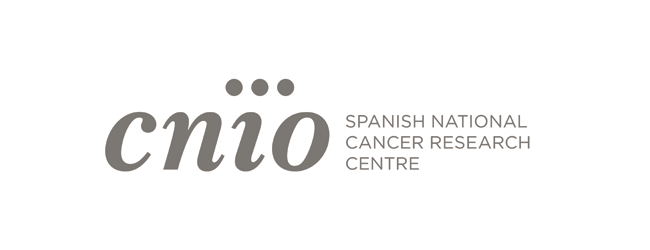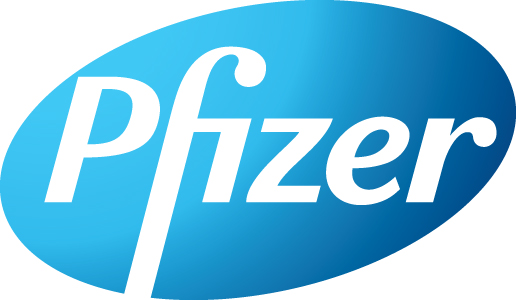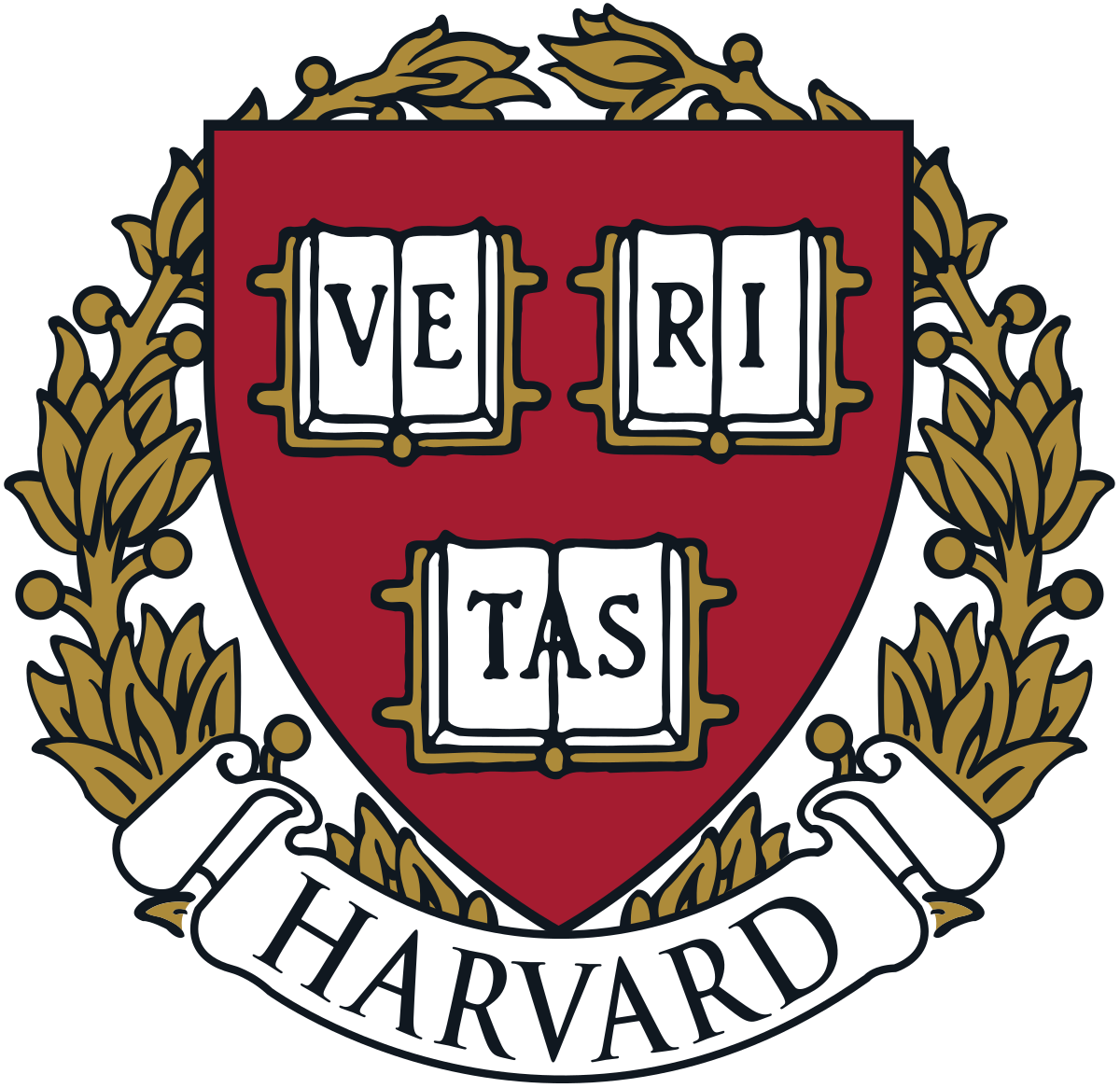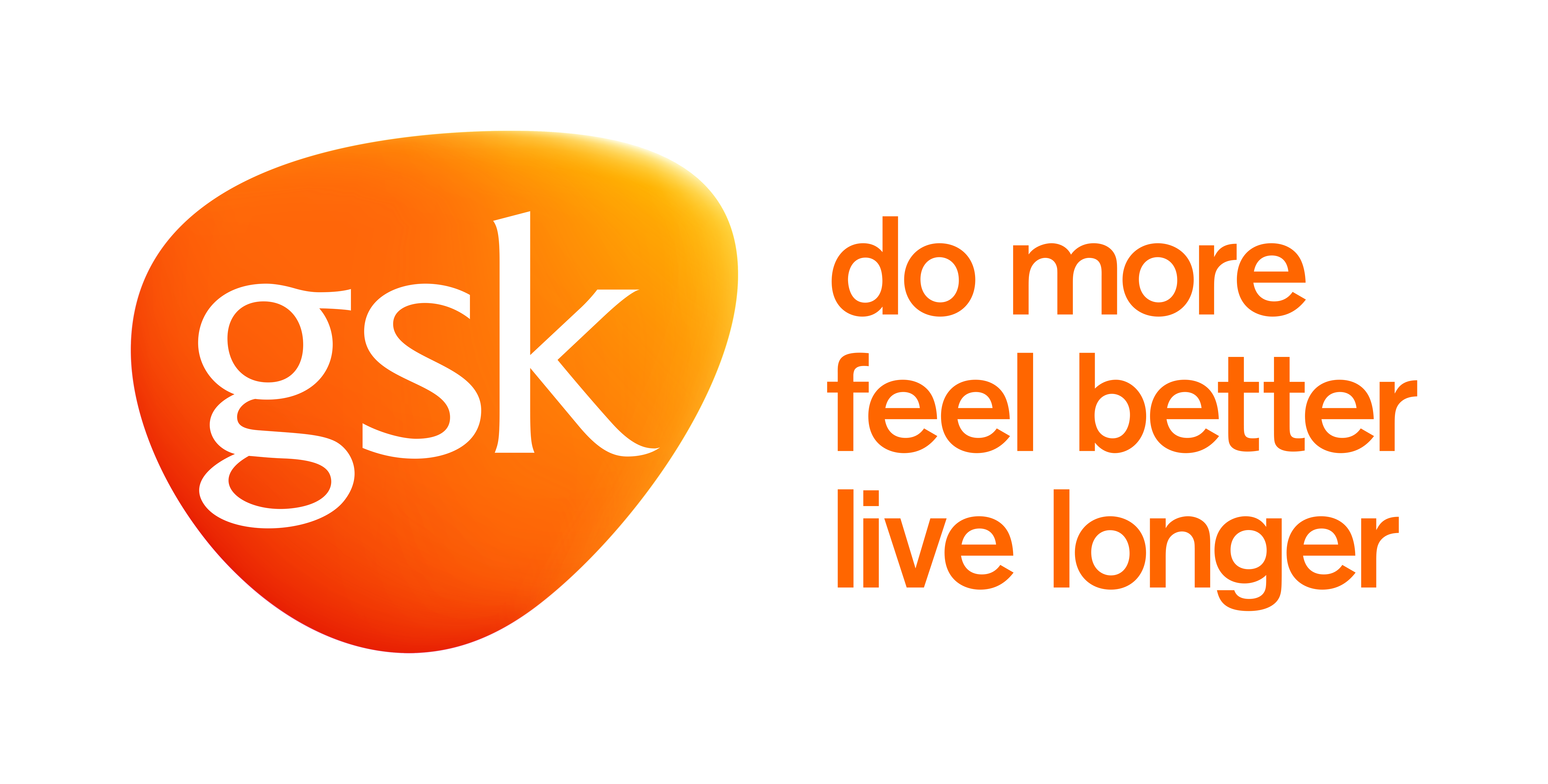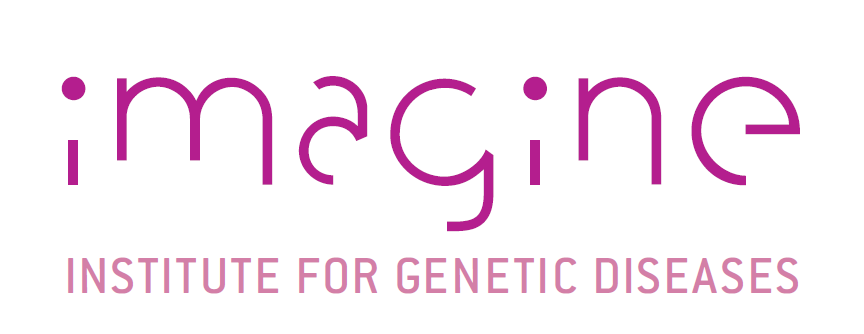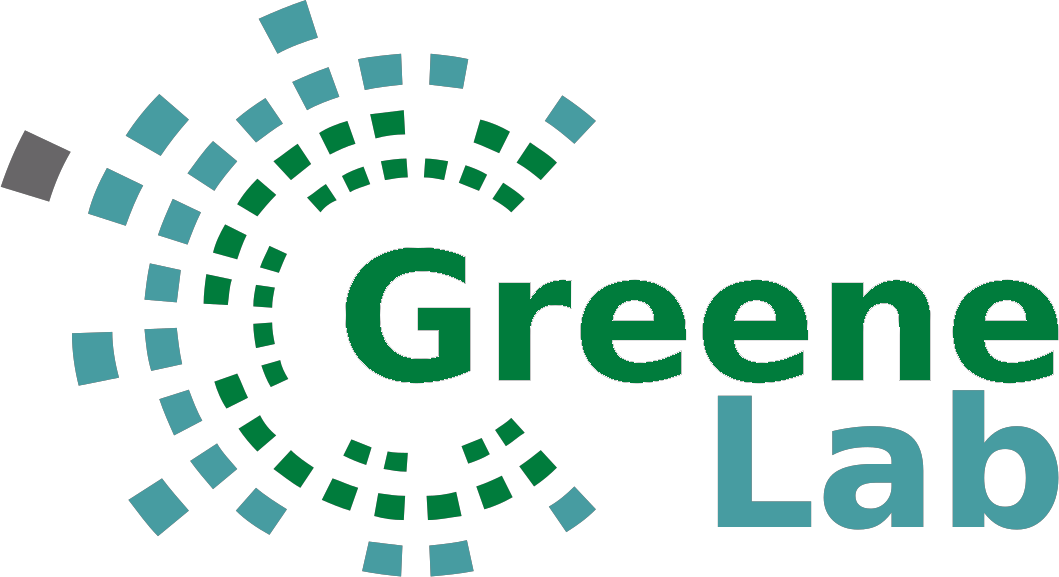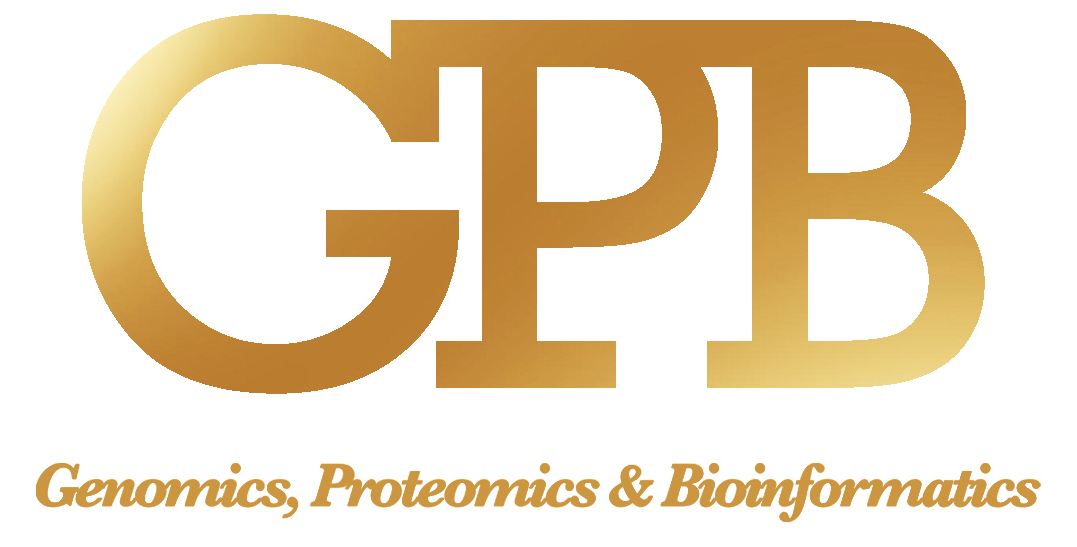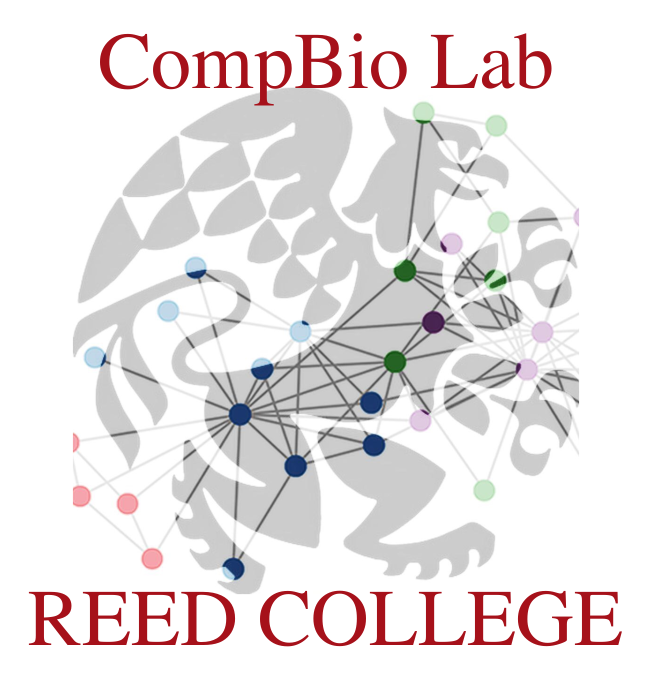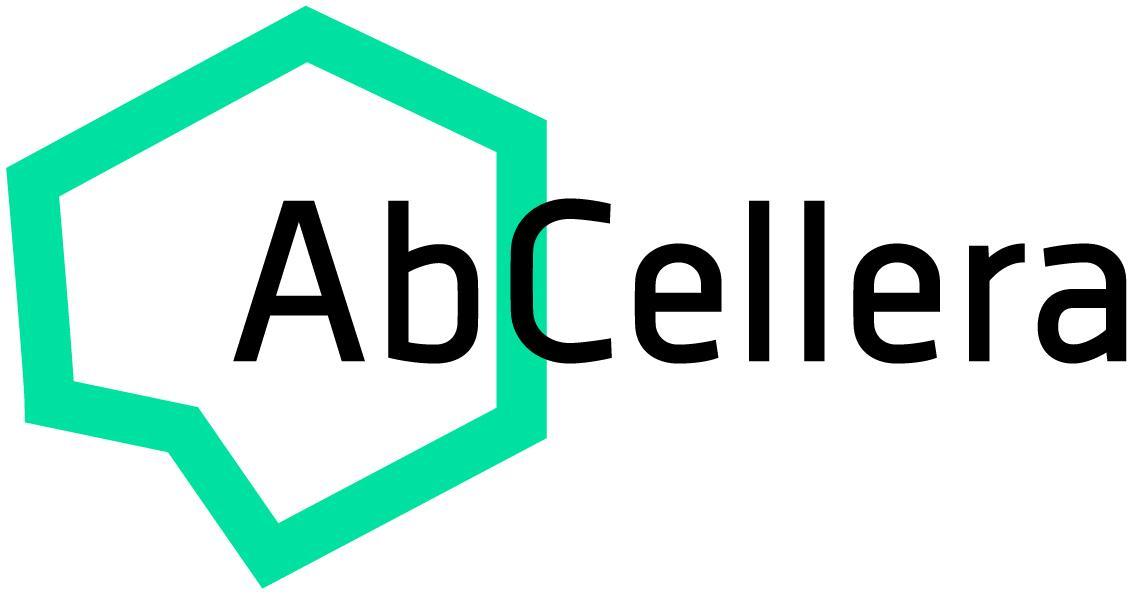Reviewers
Proceedings Reviewers
Sanne Abeln, Vrije Universiteit Amsterdam, Netherlands
Barbosa Da Silva Adriano, University of Luxembourg - LCSB, Luxembourg
Max Alekseyev, George Washington University, United States
Lars Arvestad, Stockholm University, Sweden
Ferhat Ay, La Jolla Institute, United States
Erman Ayday, Case Western Reserve University and Bilkent University, Turkey
Francisco Azuaje, Luxembourg Institute of Health (LIH), Luxembourg
Chris Bailey-Kellogg, Dartmouth College, United States
Irina Balaur, European Institute for Systems Biology and Medicine (EISBM), Lyon, France
Brunilda Balliu, Stanford University, United States
Peter Banda, University of Luxembourg, Luxembourg
Nuno Bandeira, University of California San Diego, United States
Vikas Bansal, University of California San Diego, United States
Yoseph Barash, University of Pennsylvania, United States
Adriano Barbosa, QMUL, United Kingdom
Jan Baumbach, Technical University of Munich, Germany
Gurkan Bebek, Case Western Reserve University, United States
Niko Beerenwinkel, ETH Zurich, Switzerland
Robert Beiko, Dalhousie University, Canada
Tim Beissbarth, University Medicine Göttingen, Germany
Asa Ben-Hur, Colorado State University, United States
Takis Benos, University of Pittsburgh, United States
Bonnie Berger, Massachusetts Institute of Technology, United States
Elsa Bernard, Institut Curie - Centre de recherche - BDD, France
Debswapna Bhattacharya, Auburn University, United States
Mathieu Blanchette, McGill University, Canada
Isabell Bludau, ETH Zurich, Switzerland
Nils Blüthgen, Charite, Germany
Sebastian Böcker, Friedrich Schiller University Jena, Germany
Valentina Boeva, Institut Cochin/INSERM/CNRS, France
Richard Bonneau, New York University, United States
Karsten Borgwardt, ETH Zurich, Switzerland
Christina Boucher, University of Florida, United States
Philip Bourne, University of Virginia, United States
Alan Boyle, University of Michigan, United States
Serdar Bozdag, Marquette University, United States
Edward Braun, Univeristy of Florida, United States
Michael R. Brent, wustl, United States
Jan Brezovsky, Faculty of Biology, Adam Mickiewicz University, Poland
Benedikt Brors, German Cancer Research Center (DKFZ), Germany
C.Titus Brown, University of California, Davis, United States
Tolga Can, Middle East Technical University, Turkey
João Carriço, Universidade de Lisboa, Portugal
Hannah Carter, University of California San Diego, United States
Mark Chaisson, University of Washington, United States
Nyasha Chambwe, Institute for Systems Biology, United States
Cedric Chauve, Simon Fraser University, Canada
Jake Chen, University of Alabama at Birmingham, United States
Jianlin Cheng, University of Missouri Columbia, United States
Rayan Chikhi, CNRS, France
Maria Chikina, Mount Sinai School of Medicine, United States
Leonid Chindelevitch, Simon Fraser University, Canada
Olivia Choudhury, IBM, United States
A. Ercument Cicek, Bilkent University, United States
Peter Clote, Department of Biology, Boston College; Computer Science, Ecole Polytechnique and Univ Paris-Sud XI, United States
Kevin Bretonnel Cohen, University of Colorado School of Medicine, United States
Phillip Compeau, Carnegie Mellon University, United States
Ana Conesa, Genomics of Gene Expression Lab, Spain
James Costello, University of Colorado Anschutz Medical Campus, United States
Mark Craven, University of Wisconsin-Madison, United States
Miklos Csuros, University of Montreal, Canada
Xuefeng Cui, Tsinghua University, China
Aedin Culhane, Dana-Farber Cancer Institute, Harvard School of Public Health, United States
Felipe da Veiga Leprevost, University of Michigan, United States
Thomas Dandekar, University of Würzburg, Germany
Susmita Datta, University of Florida, United States
Xavier de La Cruz, Vall d'Hebron Institute of Research (VHIR), Spain
Charlotte Deane, University of Oxford, United Kingdom
Viraj Deshpande, Illumina Inc., United States
Robin Dowell, University of Colorado Boulder, United States
Dannie Durand, Carnegie Mellon University, United States
Ingo Ebersberger, Goethe University, Germany
Mohammed El-Kebir, University of Illinois at Urbana-Champaign, United States
Nadia El-Mabrouk, University of Montreal, Canada
Eran Elhaik, The University of Sheffield, United Kingdom
Ray Enke, James Madison University, United States
Jason Ernst, University of California, Los Angeles, United States
Dirk Evers, Molecular Health GmbH, Germany
Gang Fang, Mount Sinai School of Medicine, United States
Piero Fariselli, University of Padova, Italy
Petko Fiziev, Illumina, United States
Anthony A. Fodor, UNC Charlotte, United States
Peter Freddolino, University of Michigan, United States
Iddo Friedberg, Iowa State University, United States
Caroline C. Friedel, Ludwig Maximilian University of Munich, Germany
Fabian Fröhlich, Harvard University, United States
Andreas Futschik, Department of Statistics, Johannes Kepler University Linz, Austria
Olivier Gevaert, Stanford University, United States
Dario Ghersi, University of Nebraska at Omaha, United States
Soumyabrata Ghosh, University of Luxembourg, Luxembourg
David Gibbs, Institute for Systems Biology, United States
David Gifford, Massachusetts Institute of Technology, United States
Jesse Gillis, Cold Spring Harbor Laboratory, United States
Anthony Gitter, University of Wisconsin-Madison, United States
David Gomez-Cabrero, Karolinska Institutet, Sweden
Graciela Gonzalez-Hernandez, Department of Epimediology, Biostatistics, and Informatics, Perelman School of Medicine, University of Pennsylvania, United States
Alexandra Graf, FH Campus Wien, Austria
Ananth Grama, Purdue University, United States
Casey Greene, University of Pennsylvania, United States
Ivo Grosse, Martin Luther University Halle-Wittenberg, Germany
Wei Gu, Luxembourg Centre For Systems Biomedicine (LCSB), Luxembourg
Alexey Gurevich, Center for Algorithmic Biotechnology, St. Petersburg State University (Saint Petersburg, Russia), Russia
Gamze Gursoy, Yale University, United States
Faraz Hach, University of British Columbia and Vancouver Prostate Centre, Canada
Matthew Hahn, Indiana University Bloomington, United States
Md Nafiz Hamid, Iowa State University, United States
Xiaoke Hao, Hebei University of Technology, China
Jan Hasenauer, Helmholtz Zentrum München, Germany
Sampsa Hautaniemi, University of Helsinki, Finland
Dominik Heider, Philipps-University of Marburg, Germany
Carl Herrmann, University Heidelberg, Germany
Winston Hide, Sheffield Institute for Translational Neuroscience, United Kingdom
Steven M. Hill, University of Cambridge, United Kingdom
Robert Hoehndorf, King Abdullah University of Science and Technology, Saudi Arabia
Ivo Hofacker, University of Vienna, Austria
Liisa Holm, University of Helsinki, Finland
Vasant Honavar, The Pennsylvania State University, United States
Jae Hoon-Sul, University of California, Los Angeles, United States
Farhad Hormozdiari, Program in Genetic Epidemiology and Statistical Genetics, Harvard University, United States
Fereydoun Hormozdiari, University of Washington, United States
Heng Huang, University of Pittsburgh, United States
Mathias Humbert, Swiss Data Science Center, ETH Zurich and EPFL, Switzerland
Trey Ideker, University of California San Diego, United States
Francesco Iorio, Wellcome Sanger Institute, United Kingdom
Zamin Iqbal, European Bioinformatics Institute, United Kingdom
Wataru Iwasaki, The University of Tokyo, Japan
Shantanu Jain, Northeastern University, United States
Lars Juhl Jensen, European Molecular Biology Laboratory, Denmark
Tao Jiang, University of California, Riverside, United States
Xiaoqian Jiang, UTHealth at Houston, United States
Andre Kahles, ETH Zurich, Switzerland
Tamer Kahveci, University of Florida, United States
Lukas Käll, KTH Royal Institute of Technology, Sweden
Emre Karakoc, University of Washington, Germany
John Kececiogu, University of Arizona, United States
Birte Kehr, Berlin Institute of Health / Charité - Universitätsmedizin Berlin, Germany
Sunduz Keles, University of Wisconsin-Madison, United States
Manolis Kellis, Massachusetts Institute of Technology, United States
Daisuke Kihara, Purdue University, United States
Miran Kim, University of Texas, Health Science Center at Houston, United States
Sun Kim, Seoul National University, South Korea
Larisa Kiseleva, OIST, Japan
David Knowles, University of Cambridge, United Kingdom
Ina Koch, Johann Wolfgang Goethe University Frankfurt am Main, Institute of Computer Science, Molecular Bioinformatics, Germany
Oliver Kohlbacher, University of Tübingen, Germany
Rachel Kolodny, US, Israel
Dmitry Korkin, Worcester Polytechnic Institute, United States
David Koslicki, Oregon State University, United States
Jovana Kovacevic, Faculty of Mathematics, University of Belgrade, Serbia
Mehmet Koyuturk, Case Western Reserve University, United States
Roland Krause, University of Luxembourg, Luxembourg
Smita Krishnaswamy, Yale University, United States
Hande Kucuk McGinty, University of Miami, United States
Volodymyr Kuleshov, Stanford University, United States
Anshul Kundaje, Stanford University, United States
Tsung-Ting Kuo, University of California San Diego, United States
Lukasz Kurgan, Virginia Commonwealth University, United States
Manuel Lafond, Université de Sherbrooke, Canada
Keren Lasker, Stanford University, United States
Robert Leaman, NCBI/NLM/NIH, United States
Kjong-Van Lehmann, ETH Zurich, Switzerland
Mark Leiserson, University of Maryland, United States
Sebastien Lemieux, IRIC / Université de Montréal, Canada
Jessica Li, University of California, Los Angeles, United States
Ming Li, Univ of Waterloo, Canada
Yong Li, Illumina Inc., United States
Yue Li, McGill University, Canada
Max Libbrecht, University of Washington Genome Sciences, United States
Olivier Lichtarge, Baylor College of Medicine, United States
Kui Lin, College of Life Sciences, Beijing Normal University, China
Yu-Chen Lo, Stanford University, United States
Stefano Lonardi, UC Riverside, United States
Zhiyong Lu, NCBI, United States
Gerton Lunter, University of Oxford, United Kingdom
Gang Luo, University of Washington, United States
Yves Lussier, University of Arizona, United States
Jian Ma, Carnegie Mellon University, United States
Shaun Mahony, The Pennsylvania State University, United States
Brad Malin, Vanderbilt University, United States
Serghei Mangul, University of California, Los Angeles, United States
Fabio Marroni, Università di Udine, Italy
Tobias Marschall, Saarland University / Max Planck Institute for Informatics, Germany
Pier Luigi Martelli, University of Bologna, Italy
Manja Marz, Uni Jena, Germany
David Mathews, University of Rochester, United States
David Matthews, University of Rochester, United States
Patrick May, Luxembourg Centre for Systems Biomedicine, Luxembourg
Paul Medvedev, The Pennsylvania State University, United States
Joao Meidanis, University of Campinas / Scylla Bioinformatics, Brazil
Renee Menezes, VU University Medical Centre, Netherlands
Vilas Menon, Columbia University, United States
Irmtraud Meyer, Max-Delbrück-Centrum für Molekulare Medizin (MDC), Berlin, and Free University, Berlin, Germany, Germany
Irmtraud M. Meyer, Max-Delbrück-Centrum für Molekulare Medizin (MDC), Berlin, and Free University, Berlin, Germany, Germany
Tom Michoel, Computational Biology Unit, Department of Informatics, University of Bergen, Norway
Tijana Milenkovic, University of Notre Dame, United States
Siavash Mirarab, The University of Texas at Austin, United States
Hosein Mohimani, Carnegie Melon University, United States
Yves Moreau, Katholieke Universiteit Leuven, Belgium
Bernard Moret, Ecole Polytechnique Fédérale de Lausanne, Switzerland
Alexandre Morozov, Rutgers University, United States
Quaid Morris, University of Toronto, Canada
Sach Mukherjee, DZNE, Germany
Sayan Mukherjee, Duke University, United States
T. M. Murali, Virginia Tech, United States
Robert F. Murphy, Lane Center for Computational Biology, Joint Carnegie Mellon University-University of Pittsburgh PhD. Program in Computational Biology, Depts. of Biol. Sciences, Biomed. Engineering & Machine Learning, United States
Shawn Murphy, Harvard University, United States
Chad Myers, University of Minnesota, United States
Niranjan Nagarajan, University of Maryland, Singapore
Luay Nakhleh, Rice University, United States
Leelavati Narlikar, National Chemical Laboratory, India
Kay Nieselt, Center for Bioinformatics Tübingen, University of Tübingen, Germany
William Stafford Noble, University of Washington, United States
Cecilia Noemi, University of Delaware, United States
Emmanuel Noutahi, InVivo AI, Canada
Ibrahim Numanagic, Massachusetts Institute of Technology, United States
Claire O'Donovan, EBI, United Kingdom
Layla Oesper, Carleton College, United States
Christine Orengo, University College London, United Kingdom
Yaron Orenstein, Ben-Gurion University, Israel
Hatice Osmanbeyoglu, University of Pittsburgh, United States
Aida Ouangraoua, Université de Sherbrooke, Canada
Gaurav Pandey, Mount Sinai School of Medicine, United States
Fabio Pardi, LIRMM - CNRS, France
Laxmi Parida, IBM, United States
Lee Parsons, University of Minnesota, United States
Srinivasan Parthasarathy, ohio state university, United States
Robert Patro, Stony Brook University, United States
Giulio Pavesi, University of Milan, Italy
Itsik Pe'Er, Columbia University, United States
Jian Peng, University of Illinois at Urbana-Champaign, United States
Sabine Peres, LRI Paris-Sud 11 University, France
Theodore Perkins, Ottawa Hospital Research Institute, Canada
Dmitri Pervouchine, Skolkovo Institute for Science and Technology, Russia
Thang Pham, VU University Medical Center, Netherlands
Alexander Pico, Gladstone Institutes, United States
Yann Ponty, CNRS/LIX, Polytechnique, France
M. Pop, University of Maryland, United States
Victoria Popic, Stanford University, United States
Natasa Przulj, Computer Science Department, United Kingdom
Teresa Przytycka, National Center of Biotechnology Information, NLM, NIH, United States
Simon Puglisi, University of Helsinki, Finland
Miguel Angel Pujana, IDIBELL, Spain
Tal Pupko, Department of Cell Research and Immunology, George S. Wise Faculty of Life Sciences, Tel Aviv University, Ramat Aviv 69978, Israel, Israel
Predrag Radivojac, Northeastern University, United States
Sven Rahmann, University of Duisburg-Essen, Germany
Huzefa Rangwala, George Mason University, United States
Ben Raphael, Princeton University, United States
Magnus Rattray, The University of Manchester, United Kingdom
Antonio Rausell, Institut Imagine - INSERM UMR-1163, France
Knut Reinert, FU Berlin, Germany
Vladimir Reinharz, Center for Soft and Living Matter, Institute for Basic Science, South Korea
Bernhard Renard, Robert Koch Institute, Germany
Boris Reva, Icahn School of Medicine at Mount Sinai, United States
Davide Risso, Cornell University, United States
Alberto Riva, Bioinformatics Core, ICBR, University of Florida, United States
Elena Rivas, Janelia Farm Research Campus, HHMI, United States
Manuel Rivas, Stanford University, United States
Marc Robinson-Rechavi, Universite de Lausanne, Switzerland
David Rocke, University of California, Davis, United States
Kirsten Roomp, LCSB, University of Luxembourg, Luxembourg
Anguraj Sadanandam, Institute of Cancer Research (ICR), United Kingdom
Surya Saha, Boyce Thompson Institute, United States
Leena Salmela, University of Helsinki, Finland
Javier Santoyo, Edinburgh Genomics, United Kingdom
Mansoor Saqi, NIHR Biomedical Research Centre, Guy's and St Thomas' NHS Foundation Trust and King's College London, United Kingdom
Venkata Satagopam, Luxembourg Centre For Systems Biomedicine (LCSB), University of Luxembourg, Luxembourg
Alexander Schoenhuth, Vrije Universiteit Amsterdam, Netherlands
Michael Schroeder, TU Dresden, Germany
Max Schubach, Berlin Institute of Health (BIH), Germany
Marcel Schulz, Goethe University, Germany
Veit Schwämmle, University of Southern Denmark, Denmark
Russell Schwartz, Carnegie Mellon University, United States
Maria Secrier, EMBL Heidelberg, Germany
Nigam Shah, Stanford University, United States
Mingfu Shao, Computational Biology Department, Carnegie Mellon University, United States
Hagit Shatkay, Dept. of Computer and Information Sciences, University of Delaware, United States
Tal Shay, Ben-Gurion University of the Negev, Israel
Nathan Sheffield, University of Virginia, United States
Li Shen, University of Pennsylvania, United States
Sean Simmons, Massachusetts Institute of Technology, United States
Saurabh Sinha, University of Illinois at Urbana-Champaign, United States
Johannes Soeding, MPI BPC, Germany
Giltae Song, Pusan National University, South Korea
Erik Sonnhammer, Stockholm University, Sweden
Alexis Stamatakis, Technical University of Munich, Germany
Maureen Stolzer, Carnegie Mellon University, United States
Jens Stoye, Bielefeld University, Germany
Pavel Sumazin, Baylor College of Medicine, United States
Krister Swenson, CNRS, Université de Montpellier, France
Wojciech Szpankowski, Purdue University, United States
Eric Tannier, INRIA, France
Oznur Tastan, Sabanci University, Turkey
Stefano Toppo, University of Padova, Italy
Ali Torkamani, Scripps Research Translational Institute, United States
Silvio Tosatto, University of Padova, Italy
Olivier Tremblay-Savard, University of Manitoba, Canada
Iosif Vaisman, George Mason University, United States
Alfonso Valencia, Barcelona Supercomputing Centre BSC, Spain
Fabio Vandin, University of Padova, Italy
Pierangelo Veltri, Laboratory of Bioinformatics, University of Catanzaro, Italy
Allegra Via, National Research Council of Italy (CNR) - Institute of Molecular Biology and Pathology (IBPM), Italy
Enrique Vidal, CRG, Spain
Martin Vingron, Max Planck Institut fuer molekulare Genetik, Germany
Slobodan Vucetic, Temple University, United States
Hao Wang, Carnegie Mellon University, United States
Joy Wang, University of Pittsburgh, United States
Wei Wang, University of California, Los Angeles, United States
Zhong Wang, Lawrence Berkeley National Lab; The Joint Genome Institute, United States
Tandy Warnow, the university of illinois at urbana-champaign, United States
Mark Wass, University of Kent, United Kingdom
Chaochun Wei, Shanghai Jiao Tong University, China
Zasha Weinberg, University of Leipzig, Germany, Germany
Joachim Weischenfeldt, Biotech Research & Innovation Centre (BRIC), Denmark
Bart Westerman, VU, Netherlands
Sebastian Will, University of Vienna, Austria
Phillip Wilmarth, Oregon Health and Science University, United States
Haim Wolfson, School of Computer Science, Tel Aviv University, Israel
Haim J. Wolfson, School of Computer Science, Tel Aviv University, Israel
David J. Wu, University of Virginia, United States
Yu-Wei Wu, Taipei Medical University, Taiwan
Yu Xia, McGill University, Canada
Jinbo Xu, Toyota Technological Institute at Chicago, United States
Makoto Yamada, RIKEN AIP, Japan
Esti Yeger-Lotem, Ben Gurion University, Israel
Peng Yu, Texas A&M University, United States
Noah Zaitlen, University of California San Francisco, United States
Haoyang Zeng, Massachusetts Institute of Technology, United States
Jianyang Zeng, Tsinghua University, China
Louxin Zhang, National University of Singapore, Singapore
Weixiong Zhang, Washington University in St. Louis, United States
Yang Zhang, CISPA Helmholtz Center for Information Security, Germany
Deyou Zheng, Albert Einstein College of Medicine, United States
Chengsheng Zhu, Rutgers University, United States
Ralf Zimmer, Ludwig Maximilian University of Munich, Germany
Marinka Zitnik, Stanford University, United States
Michal Ziv-Ukelson, Ben Gurion University of the Negev, Israel

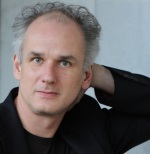
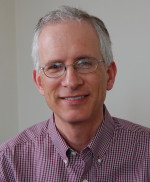
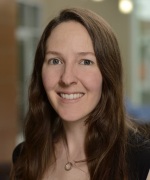



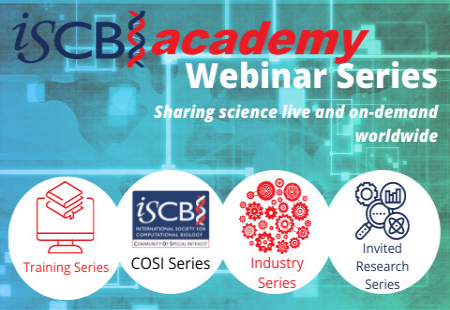

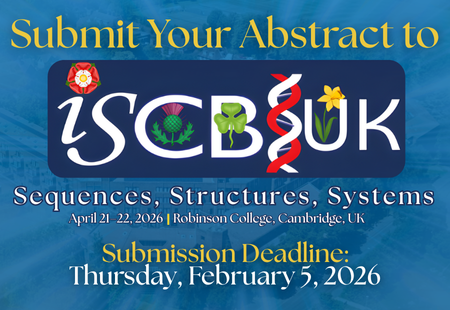
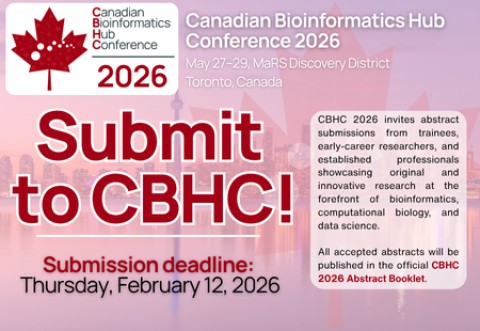
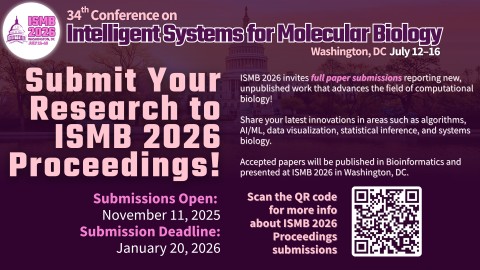



















 João Rodrigues, Stanford University, United States
João Rodrigues, Stanford University, United States